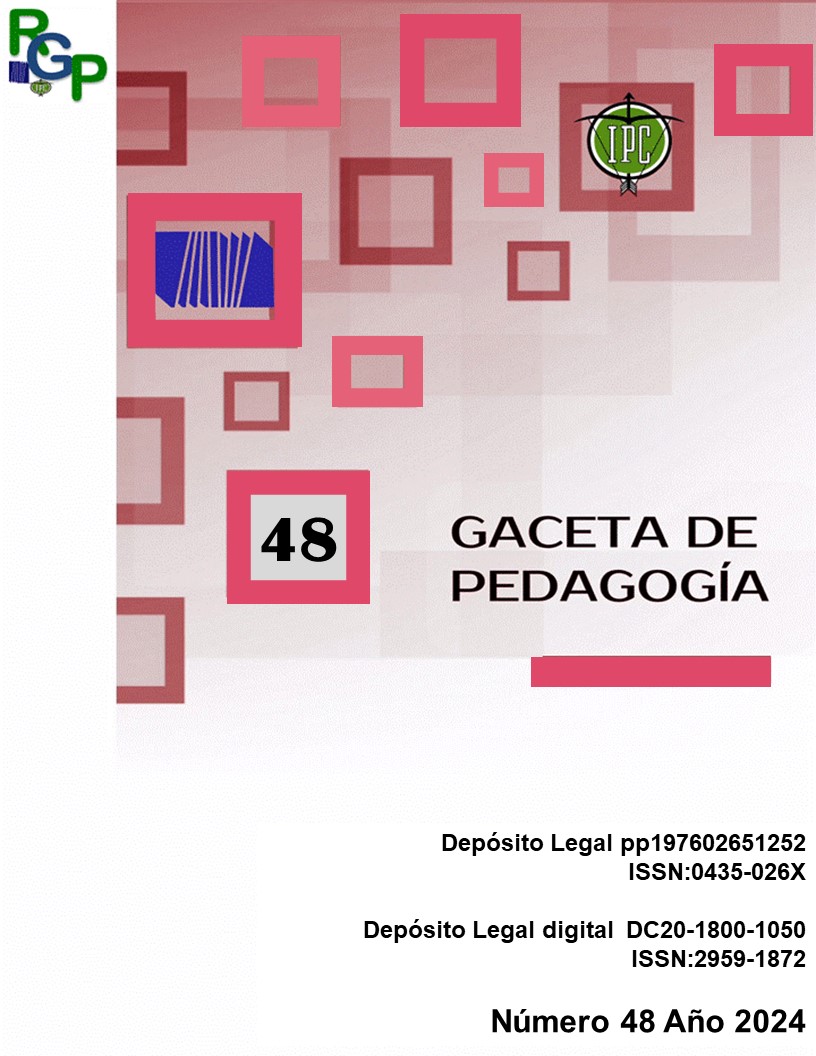Integration of knowledge management and human talent in education
DOI:
https://doi.org/10.56219/rgp.vi48.2449Keywords:
Knowledge management, Human talent, Educational qualityAbstract
Currently, academic institutions face increasing demands for quality and knowledge generation. To stand out in a competitive environment, it becomes imperative to integrate knowledge and human talent management, thus strengthening educational organizations. Knowledge management emerges as a key factor driving efficiency and innovation. The institutions seek not only to satisfy teachers and students with quality educational proposals but also through high-level scientific production. This managerial perspective, based on values, roles and society, allows the development of competencies for individual and organizational growth. The integration of knowledge management and human talent has become an essential strategy to stand out in a highly competitive environment, promoting efficient access to knowledge and stimulating organizational and individual growth to achieve high standards of quality and academic success.
References
Carrero, M. (2010). La universidad como organización inteligente. Revista Ágora Trujillo (Vol. 13, Issue 26) pp 57-80.
Flores, M. (2005). Gestión del conocimiento organizacional en el taylorismo y en la teoría de las relaciones humanas. Revista Espacios, 26(2). p 21.
Freeman, C. (2004). La Gestión del Conocimiento como concepto general para el estudio de la GTI. Universidad de Matanzas: Cuba.
Kimiz, D. (2005). Knowledge Management in Theory and Practice. Boston: Elseiver.
March, J. (2008). El Redescubrimiento de las Instituciones. México: FCE.
Navajo, P. (2012). Mandos medios y su satisfacción laboral. Blog Iniciativa Social. http://www.iniciativasocial.net.
Servin, G. (2005). ABC of Knowledge management. NHS National Library for Health: Knowledge Management Specialist Library. https://acortar.link/nKGJjI
Shapiro, B. (2005). Hombre, Cultura y Sociedad. México: FCE.
Simón, H. (2002). El Comportamiento Administrativo. México: FCE.
Published
How to Cite
Issue
Section
License

This work is licensed under a Creative Commons Attribution-NonCommercial-NoDerivatives 4.0 International License.

